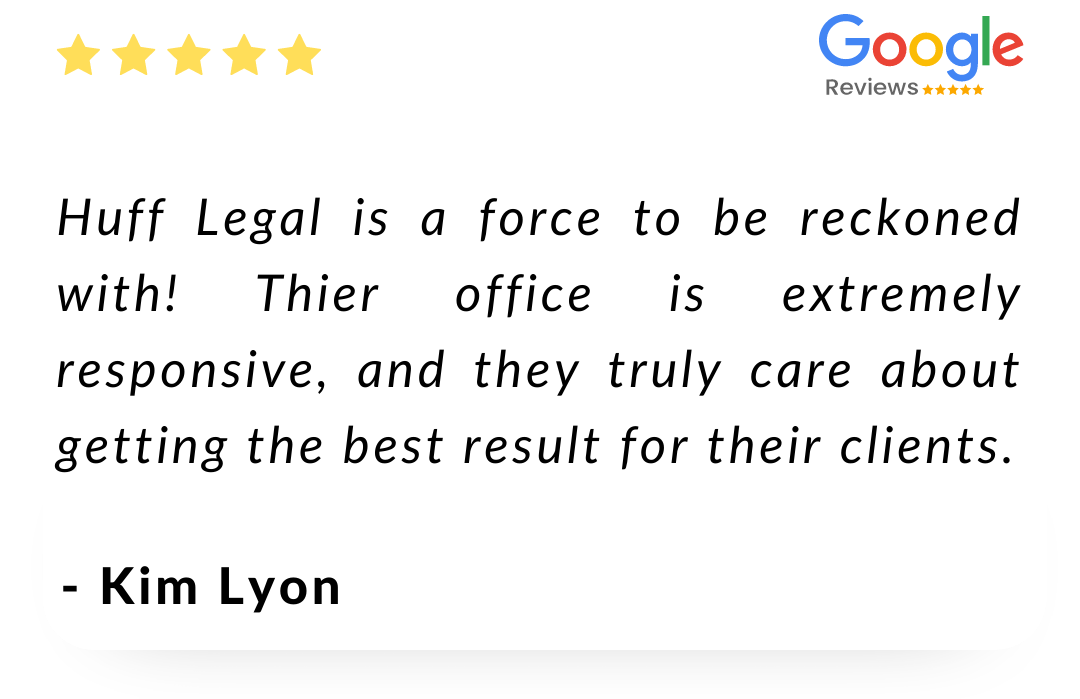CA Legal Self Defense Weapons: What You Need to Know
CA Legal Self Defense Weapons: What You Need to Know
In California, you’re allowed to defend yourself, but not all weapons are legal for that purpose. Understanding the state’s “Stand Your Ground” and “Castle Doctrine” laws is essential to ensure you stay within the legal boundaries.
This post will break down the self-defense weapons that are legal in California and what you need to know to protect yourself responsibly. Stay informed and stay protected.
The Right to Self-Defense in California
California allows individuals to defend themselves when they reasonably believe they are in imminent danger. The state’s “Stand Your Ground” and “Castle Doctrine” laws protect your right to use force, even lethal, if necessary, without the duty to retreat. However, any force used must be proportional to the threat you are facing. If you believe you’re about to be harmed, the law supports your right to act within reason to protect yourself, your family, or your property.
What Self-Defense Weapons Are Legal in California?
California has specific regulations on which weapons are legal for self-defense, with many options available. However, it’s essential to know the legal restrictions that apply to each.
Stun Gun or Taser
You can legally possess a stun gun or taser in California for self-defense, provided you meet specific requirements. Stun guns deliver a painful shock on contact, while tasers can shoot prongs up to 15 feet. However, convicted felons, minors, and individuals with certain prior convictions are prohibited from carrying these devices.
Pepper Spray
Pepper spray is another legal self-defense tool in California, but its container size is restricted to 2.5 ounces. It’s ideal for disabling an attacker from a safe distance, offering non-lethal protection.
Personal Alarms and Whistles
Non-violent self-defense tools, such as personal alarms and whistles, are also legal. These devices can alert others to your distress and scare off potential attackers without direct confrontation.
Pocket Knives (Within Legal Blade Size Limits)
Carrying a pocket knife with a blade under 2.5 inches is permitted in California for self-defense. However, concealed or automatic knives with longer blades are generally illegal.
Collapsible Batons (Restricted in Certain Areas)
Collapsible batons can be legal in California, but there are strict regulations on carrying them in public. Always check local laws, as some areas may have additional restrictions.
Request a Free Consultation
Which Weapons Are Prohibited for Self-Defense in California?
California law prohibits certain weapons for self-defense due to their potential to cause severe harm. These include:
Brass Knuckles
Brass knuckles are illegal to possess or use in California. Carrying them can lead to felony charges under Penal Code 21810 PC.
Switchblades Over 2 Inches
Switchblades with blades longer than 2 inches are banned. Only small, non-automatic folding knives are allowed under Penal Code 21510 PC.
Nunchakus
Nunchakus, commonly used in martial arts, is prohibited in California. Owning or using them violates Penal Code 22010 PC.
Ballistic Knives
These knives, which launch blades, are banned under Penal Code 21110 PC due to their dangerous nature.
Firearms Without Proper Licenses
Switchblades with blades longer thana
Using or carrying firearms without a Concealed Carry Weapon (CCW) permit is illegal. Having the proper license is essential to avoid criminal charges.
2 inches are banned. Only small, non-automatic folding knives are allowed under Penal Code 21510 PC.
Acting Lawfully in Self-Defense
California law defines strict parameters for when and how self-defense can be justified.
Justifiable Self-Defense in California
You are allowed to defend yourself if you reasonably believe you are in immediate danger. The force used must match the level of the threat.
Imperfect Self-Defense in California
Imperfect self-defense occurs when someone mistakenly believes they are in danger but uses excessive or unreasonable force. This can reduce the severity of charges but does not result in full acquittal.

As Seen On












The Castle Doctrine in California
The Castle Doctrine in California gives homeowners the legal right to use force, including deadly force, to defend themselves if an intruder unlawfully enters their home. This law removes the “duty to retreat,” meaning you are not required to flee your home before defending yourself if you face a threat.
California Penal Code 198.5 also presumes that anyone using force inside their home against an intruder who has entered unlawfully is acting in self-defense. However, it’s essential to use force that matches the perceived threat. Deadly force is permissible if you believe your life or the lives of others in the home are in immediate danger.
Frequently Asked Questions (FAQs)
What Is Considered Justifiable Self-Defense in California?
Justifiable self-defense in California means using reasonable force to protect yourself from imminent harm. The threat must be immediate, and the force must match the level of danger.
What Self-Defense Weapons Are Legal in California?
Legal self-defense weapons in California include pepper spray, stun guns, tasers, and certain folding knives. Firearms are allowed with proper licensing and restrictions.
How Does the Castle Doctrine Work?
The Castle Doctrine allows you to use force, including deadly force, to defend yourself against an intruder in your home. You do not have a duty to retreat if someone forcibly enters your residence.
What Should I Do After Acting in Self-Defense in California?
After acting in self-defense, contact law enforcement and explain the situation. Cooperate fully, but consult an attorney to ensure your rights are protected.
Contact Huff Legal for Self-Defense Advice
If you’ve acted in self-defense or need guidance on California’s weapon laws, Huff Legal is here to help. Our experienced attorneys will explain your rights and provide expert defense if you’re facing legal challenges.
Contact us today for a free consultation, and let us protect your future with dedicated legal support. We’re just a call away!
What Clients Say About Us





Schedule Your Free Consultation Today
LET HUFF HELP YOU
As a former police officer and patrol supervisor and his time spent as a United States District Court Judicial Law Clerk to the Chief Judge, Attorney Huff knows how to navigate all levels of the complex criminal law system. We also have more than 55 years of combined experience dealing with various complex criminal legal matters and have helped just over 1,500 clients over the past few years.
Why Huff Is Your Best Option For Criminal Defense
55+ Years of Combined Experience
At Huff Legal, we have more than 55 years of combined experience dealing with complex criminal legal matters, which can oftentimes be quite challenging. In order to get the outcome you deserve, you need a team of experienced attorneys on your side, who can help you navigate the legal system, so you can move past this situation and focus on the life ahead of you!
5 Star Rating on Google
We have a proven track record of success and are dedicated to our clients’ best interests. If you’re looking for a law firm that will always have your back, look no further than Huff Legal. Just have a look at some of our amazing client reviews over here!
1,500+ Happy Clients
Over the years, we’ve had the privilege of helping over 1,500 clients with their legal needs. When you work with us, you can be confident that you’re getting the best possible legal representation. We’re proud of our track record and our reputation for being a firm that delivers great results.
What Our Clients Say About Us


Sheila


Abel Resendiz


Manuela Frazier


Doris
Contact Huff Today
Request A Free Consultation
* Free consultations only available for Criminal Defense


In legal terms, an accessory to murder refers to an individual who aids, abets, or otherwise assists in committing a murder. While the specifics may vary across jurisdictions, California law treats accessories to murder as active participants in the crime, holding them accountable for their actions. In San Francisco Bay Area, there are two primary types of accessories to murder:
In the event that you find yourself in the Bay Area facing accessory to murder charges, you should first call a criminal defense attorney who can help you defend your rights and lessen the effects of the investigation. Contact an attorney at Huff Legal as soon as possible following your arrest. An accomplished attorney from Huff Legal will thoroughly examine your case, who will then develop a strategy and build a defense.
